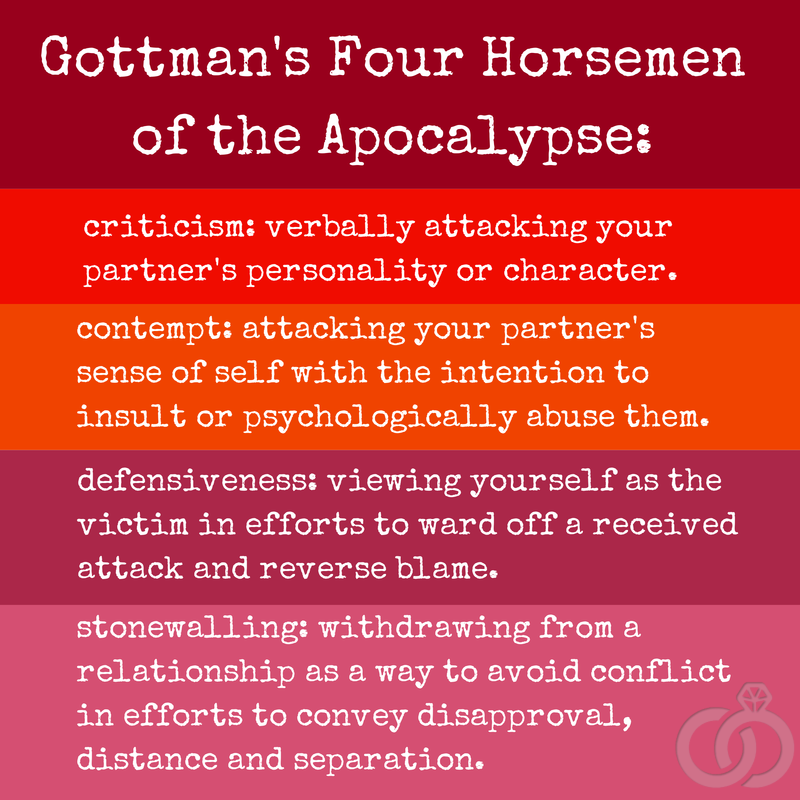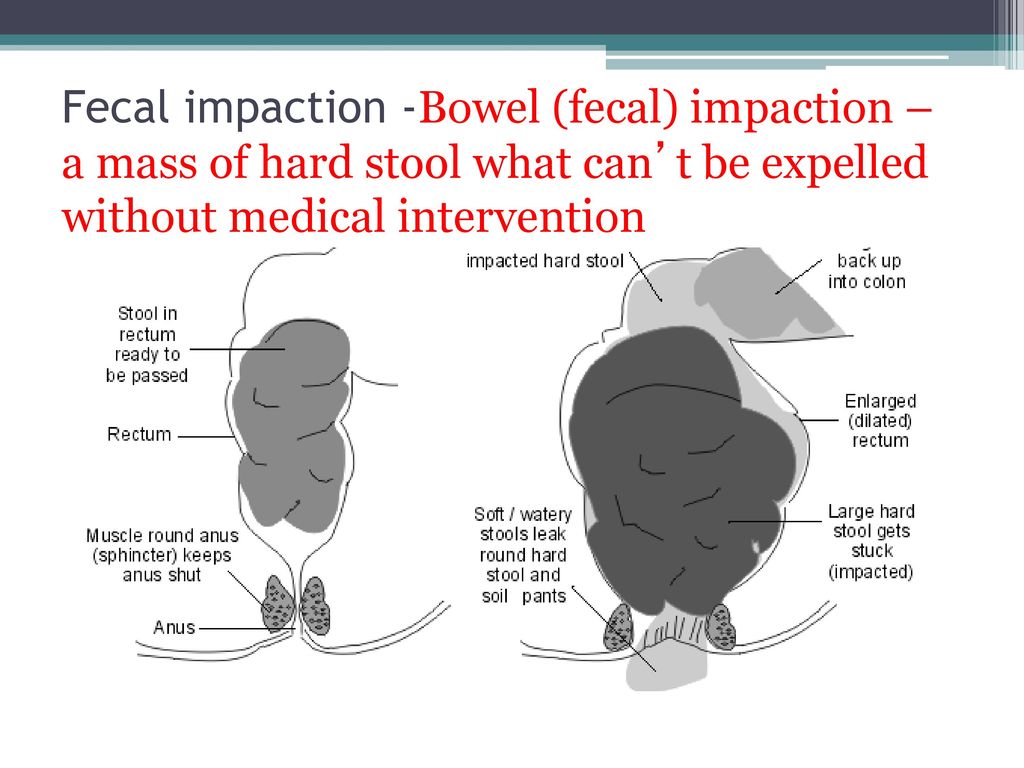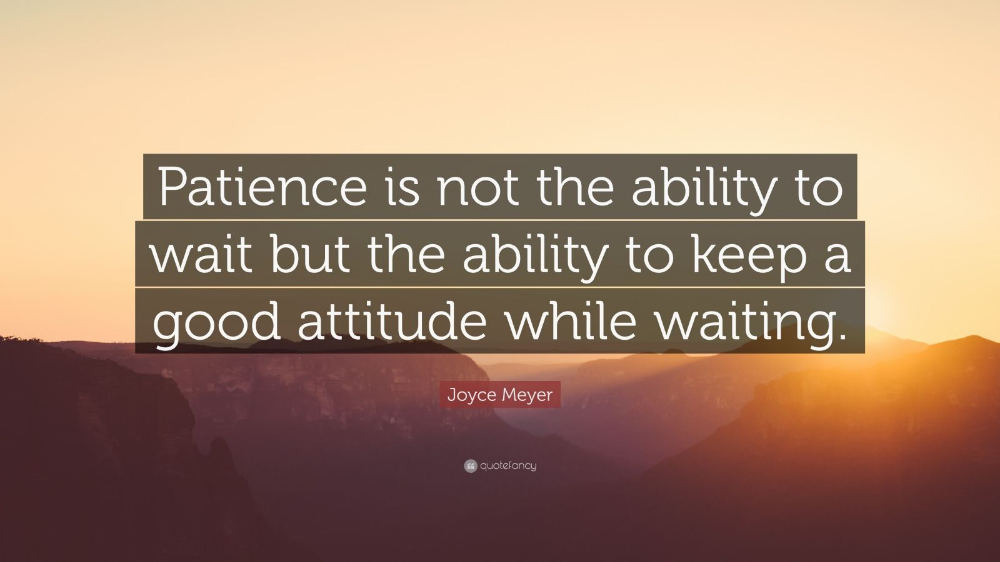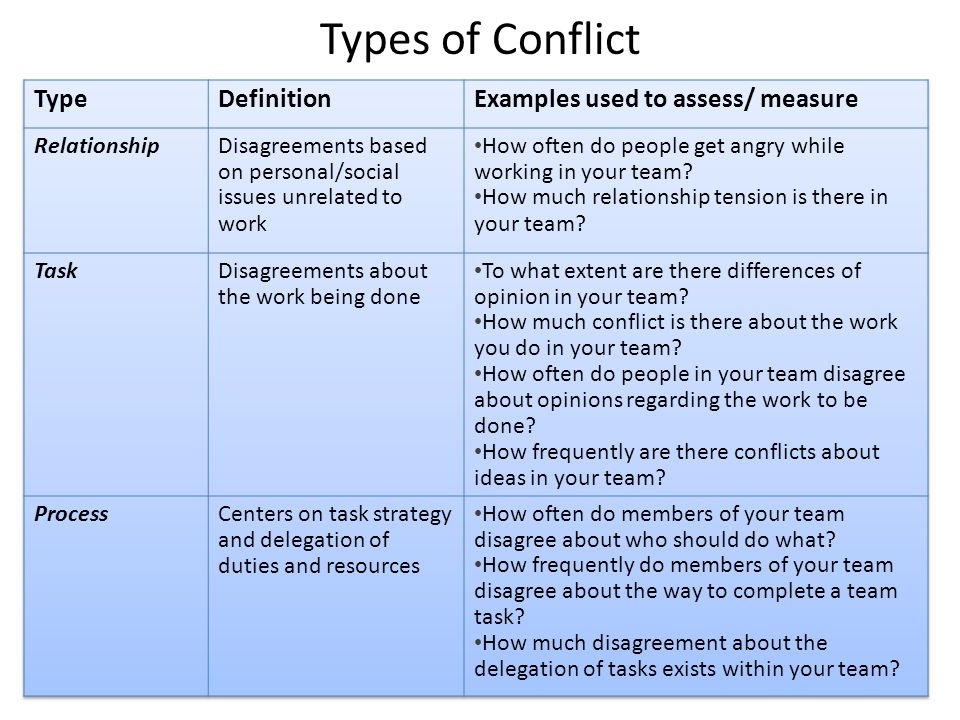When people try to bring you down
7 Ways to Deal With People Who Want to Bring You Down
Source: SoNelly/Shutterstock
For every person who seeks happiness, there is one who denies that it even exists. The very word triggers people, both on the gut level and the high plains of philosophy. As with every trigger subject, opinions form and rigidify quickly to a concrete wall. This post does not attempt to break through anyone’s wall but instead offers support to those who feel discouraged by others’ negativity. It is hard enough to gain clarity about a complex matter. Then, in a variety of ways and for multiple reasons, come the people who trash your happiness. Let’s find out how you could respond to some of them:
1. Misery seeks company. Should all members of your closest circle wish you happiness even when it escapes them, skip to the next point. For the rest of us, remember that rivalry is common, manifesting in feelings of annoyance, unreasonable demands, and incessant judgments. The envious person does not usually think of herself as envious, but might roll her eyes when you laugh, sing, whistle, or share a success.
Feeling left behind, a brother or colleague might change the subject or point out the negative every time you mention anything positive. The possibilities for rivalry are endless and for you to figure out. Once you are aware, your response will have to start internally and may have to remain there. Competitiveness is part of life. Nothing matters more than accepting the way things are. Let go and forgive. Think to yourself, “It is right and good to be happy, even when others have a hard time being happy themselves. I will be sensitive to their pain, but it will not stunt my growth. I will not hide my light under the bushel.”
2. Projection. Another rather primitive reaction to happiness is projection. Many civilized people—removed from nature and community, sedentary, sleep-deprived, intoxicated with simple carbohydrates—are unhappy. Depression and addiction to painkillers are on the rise. Many feel lonely. We see what we are. While a person might bring forth a seemingly intellectual argument (“Happiness does not exist because of A, B, and C"), he might be informed by a dark cloud that doubts the existence of the sky. Instead of thinking, “My life is hard, and I feel doomed,” he might generalize and think that life is always hard, and that the whole human race, if not the entire universe, is doomed. Projections are, by definition, unconscious. It might be enough for you to know this to move on and embrace life. Sometimes it is appropriate to point out the obvious and say, “Yes, life can be really tough, and many are doomed.” This true statement does two things: give relief to the unhappy person and create distance for you to become untangled from his hardship. The ability to relate constructively to others is the most important ingredient to happiness. But nobody is served when you, too, feel doomed. If you take on the unhappy person’s depressed mood, you only add to the darkness in the world.
Instead of thinking, “My life is hard, and I feel doomed,” he might generalize and think that life is always hard, and that the whole human race, if not the entire universe, is doomed. Projections are, by definition, unconscious. It might be enough for you to know this to move on and embrace life. Sometimes it is appropriate to point out the obvious and say, “Yes, life can be really tough, and many are doomed.” This true statement does two things: give relief to the unhappy person and create distance for you to become untangled from his hardship. The ability to relate constructively to others is the most important ingredient to happiness. But nobody is served when you, too, feel doomed. If you take on the unhappy person’s depressed mood, you only add to the darkness in the world.
3. Repetition, repetition, repetition.
Even though your understanding of happiness is likely based on personal, complex learning, you will be subjected to tired expressions. For example, anybody remotely interested in the subject knows that happiness is not perpetually feeling good, but includes hard work, acceptance of failure, and sadness. Discomfort, however, buffered by perspective, is part of a fully engaged life. Thoughts like these do not stop the “serious” critic, who must educate you. Be prepared to endure endlessly repeated “do-not-chase-the-rainbow” quotes. Keep in mind that copying others is a major method of learning, for all of us. People prefer this method over thinking things through themselves. The response here must be simply: Patience, patience, patience.
Discomfort, however, buffered by perspective, is part of a fully engaged life. Thoughts like these do not stop the “serious” critic, who must educate you. Be prepared to endure endlessly repeated “do-not-chase-the-rainbow” quotes. Keep in mind that copying others is a major method of learning, for all of us. People prefer this method over thinking things through themselves. The response here must be simply: Patience, patience, patience.
4. “Aim at contentment, not happiness.” Happiness does not exist without having the ability to content oneself within the present moment, but contentment can do without. A happy person does not only smile at what is; she occasionally laughs her head off and emotes, while striving for goals and engaging full-heartedly in messy relationships. I usually respond, “You be content. I'll be happy and content.”
5. “Happiness is not a meaningful goal.” This judgment comes from skeptical thinkers who, ironically, have not thought this one through. Whether happiness is or isn’t a meaningful goal surely depends on how happiness is defined. If your definition is limited to good fortune and feelings, you derive little meaning. Contrary, if it is seeking excellence, being a good, loving person, or living an enlightened life, you derive great meaning. Offer your definition of happiness to the skeptic. Should he ignore it, he entertains a show in his head in which you play no role. That’s too bad. For him.
Whether happiness is or isn’t a meaningful goal surely depends on how happiness is defined. If your definition is limited to good fortune and feelings, you derive little meaning. Contrary, if it is seeking excellence, being a good, loving person, or living an enlightened life, you derive great meaning. Offer your definition of happiness to the skeptic. Should he ignore it, he entertains a show in his head in which you play no role. That’s too bad. For him.
6. “Happiness is an egotistical preoccupation.” This negative perception should be easily corrected. Happiness is never a one-woman show but is born out of a sense of relatedness. Isolation is for rats.
7. “Happiness is idiotic.” Many are triggered when it comes to happiness, but the uncontained among us might just lose it. When (mostly) men, pair raw aggression with confidence, they speak as they damn well please. These days, the overly aggressive believe themselves in opposition to the politically correct—a lame excuse. Take note of the lack of manners and ask for a more constructive choice of words. Be assertive without turning into a rude person yourself, as otherwise, you join his unhappiness. If all else fails, be ready to disengage. Happiness includes the willingness to set boundaries and say, "No, in the name of love."
Take note of the lack of manners and ask for a more constructive choice of words. Be assertive without turning into a rude person yourself, as otherwise, you join his unhappiness. If all else fails, be ready to disengage. Happiness includes the willingness to set boundaries and say, "No, in the name of love."
I bow to those who claim their right to live a fully engaged life. Stand strong in the face of negativity. And when you touch on your own, become aware, stay with it, do what you can, and let it pass.
Facebook image: SoNelly/Shutterstock
10 warning signs someone is trying to bring you down (and how to stop them)
Some people are just negative. They’re going through a dark time, and it’s rough.
That’s not always the case, however.
In some situations, Debbie downers are actively trying to bring you down and ruin your sunny day.
Here’s how to spot a downer and stop them from ruining your life.
10 warning signs someone is trying to bring you down (and how to stop them)
Look out for these signs.
Whether it’s a romantic partner, friend, family member, coworker or friend, people who are engaging in this kind of behavior are definitely trying to bring you down.
1) They focus on the negative
Talking about negative things and mentioning them is an important part of life.
You can’t solve a problem or work through it if you actively avoid mentioning it or dealing with it.
Shit happens!
Focusing on the negative is different.
This is like putting on special sunglasses where all you can see are tragedy, sadness and despair.
This is one of the biggest warning signs someone is trying to bring you down:
They try to force you to wear the sunglasses you have on, and when you say no they start overloading you with negativity and judgment.
Solution: just say no.
Eventually, you may have to physically walk away from them or tell them you have a headache and need to go.
2) They compete to be more ‘positive’ than you
On the flip side of being enormously negative, is “toxic positivity. ”
”
This disturbing trend has gotten a real foothold in the New Age community, especially because it’s encouraged by mindless ideas like the Law of Attraction.
These pat-on-the-back bullshit ideas tell people that you have to be positive all the time if you want good things to happen to you in life.
Ironically, someone being overly positive and trying to “out-positive” you is one of the top warning signs someone is trying to bring you down.
Noticing the wonderful things about life is great!
Toxic positivity is something else entirely.
It’s trying to repress your own true emotions and guilt and shame others when they’re going through a hard time or just don’t buy into the positivity cult.
Watch out for this one, it can be subtle!
3) They try to throw you off course in your life
One of the classic warning signs someone is trying to bring you down is that they try to throw you off course in your life.
It can be very low-key, but make no mistake:
These can be little comments sowing doubt in your heart about your career, your relationship, your values…
Insecure people love to find an Achilles heel and then chip away at it.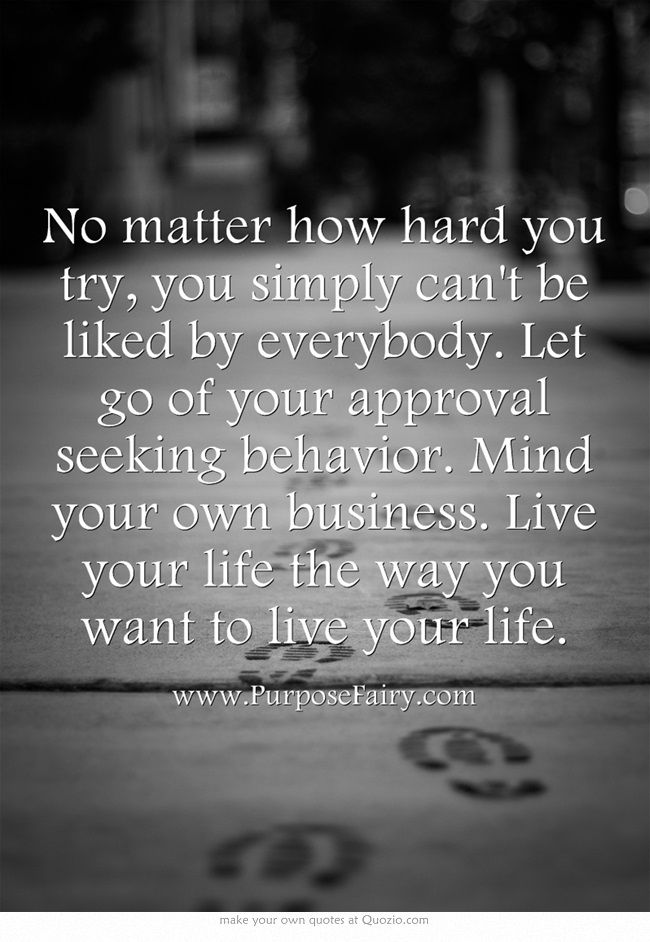
4) They gaslight you
Gaslighting is where you make someone doubt what they see or blame themselves for your problems.
One of the top warning signs someone is trying to bring you down is that they love to gaslight you.
They will tell you that you’re wrong about everything, even what your own eyes observe and your own ears hear.
They will have you doubting whether gravity exists and doing all sorts of things that make no sense.
This is the classic con man (or con woman) profile:
Somebody who breaks others down and makes them doubt everything about their experiences, in order to build them back up as somebody they can fully control and manipulate.
Sleazy gurus love to do it.
Don’t let anybody bring you down by making you hate or distrust yourself.
5) They try to undermine your beliefs
Disagreeing with somebody’s beliefs and telling them so is everyone’s right.
Undermining and actively working to bring someone down about their beliefs is another thing.
You can respectfully disagree without getting personal.
Unfortunately, one of the most worrisome warning signs someone is trying to bring you down is that they take your beliefs and make them personal.
“I can’t understand why you believe that,” they may comment, sneering.
Or:
“I thought you were smarter and more open-minded than that,” for example.
What is this?
Bait.
They’re claiming moral high ground and hoping you take the bait so you can get down in the dirt with them and feel like shit too, as you defend your beliefs.
Forget it. Not worth your time.
6) They compete in the victim Olympics
The victim Olympics are the opposite of fun.
The worse off you are, the more gold medals you get.
This sick mentality has found itself into intersectionality and all sorts of related ideologies. They use fancy words, but they boil down to:
If you don’t validate my pain and the beliefs I have that stem from that pain and experience, then you are evil.
This is one of the most common and disturbing warning signs someone is trying to bring you down:
They out-victimize you.
So your house burned down?
They were born as an orphan with a drug addict for a dad!
So, you just broke up?
They have an alternative sexual identity which makes them feel insecure about being socially accepted so your breakup is nothing compared to their pain.
Fun stuff.
Try to stay away from people who want you to compete in the victim Olympics.
The more gold medals you win, the worse your life will be.
7) They try to make you nervous and insecure
Life already has so many circumstances that test our confidence and resolve.
Many of the top warning signs someone is trying to bring you down revolve around trying to worsen this.
They try to get you off balance and doubting yourself…
Doubting your plans…
Doubting your friendships, relationships, and values.
This type of person wants to take advantage of any inner unbalance you feel and maximize it.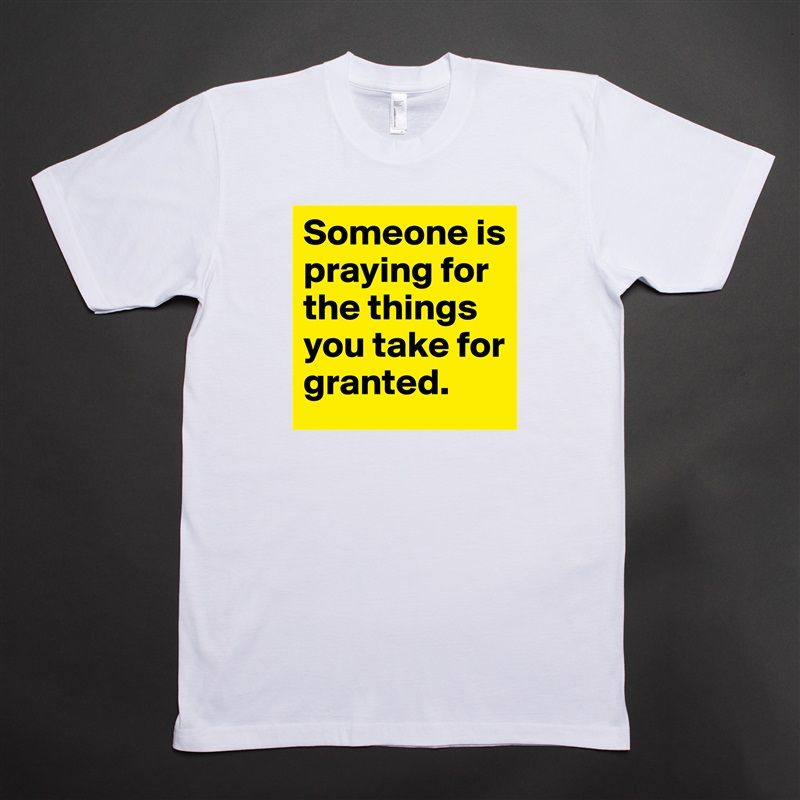
8) They try to ruin your reputation
Ruining somebody’s reputation is easier than ever these days, thanks to the power of the internet.
If they didn’t do enough stupid or creepy things that you can dig up, you can always turn to Photoshop and show them doing something outrageous!
This is one of the top warning signs someone is trying to bring you down…
They stalk you, cyberbully you, trash talk you, write negative reviews online for you or your business, and so on.
They want to make your life worse and use all the tools at their disposal.
It can be alarmingly difficult to stop.
One bad apple can cause hell for someone.
Just ask any journalist who works at a news agency. They’d like you to think they don’t care about angry e-mails they get and random crazies ranting at them on the phone.
Trust me:
They care a lot. And it stresses them out.
9) They shame you for your appearance
Another one of the disturbing warning signs someone is trying to bring you down is that they pick on your appearance.
You’re too fat, too skinny, too ugly or too beautiful.
There’s definitely just something about you that’s awful and wrong and horrible according to them.
Any insecurity you have inside yourself gets amplified the more that they continue in this kind of petty assault.
If you’re like me, you don’t comment about people’s appearances in a negative way because it’s a hateful and creepy thing to do.
But someone who is trying to bring you down will do just this.
And it’s not always verbal, either.
Sometimes it’s a very obvious disdainful look up and down at you and then turning away from you like they’re going to retch.
Message received.
Honestly, f*ck this kind of person.
10) They play games with your feelings
One of the most destructive warning signs someone is trying to bring you down is that they build you up just to knock you down.
They play games with your feelings.
This is very common in relationships and in work environments.
One day it’s all nice words and praise, the next it’s pure criticism and angry recriminations.
You just can’t keep up…
Which is kind of the point.
This person wants you baffled, confused and feeling hopeless so that they can dangle you around like a puppet on a string.
They want to control you and be the only one who offers you a glimpse of hope or happiness when they decide you should get it.
Don’t let them do this!
The more you allow someone to be the person who brings you down, you also reserve them to have the only power to bring you back up.
That’s the most powerful thing you contain inside yourself, so don’t give it away to anyone!
Don’t bring me down!
We all have down days like I said.
We all need a shoulder to cry on sometimes and other times we look back and apologizing for going too far in venting our unhappiness to others.
That said, nobody has a right to unload all their problems onto someone else and make it into their responsibility.
This is especially true of family relationships where it’s most common, as well as romantic partnerships where people often think they have the right to use their partner as a blank check of sympathy and endless support.
Well, it doesn’t work that way!
Even the most understanding of us eventually has a limit to how much we will put up with…
As the British band the Animals sing in their 1966 hit “Don’t Bring Me Down”:
“When you complain and criticize
I feel I’m nothing in your eyes
It makes me feel like giving up
Because my best just ain’t good enough…
Oh! Oh no, don’t bring me down
I’m beggin’ you darlin’
Oh! Oh no, don’t bring me down…”
Putting yourself first
What’s your number one goal at the moment?
Is it to buy that car you’ve been saving up for?
To finally start that side-hustle that’ll hopefully help you quit your 9-5 one day?
Or to take the leap and finally ask your partner to move in?
Whatever your goals are, there’s a hidden trap in how you set them.
The trap is this:
You’ll only experience genuine life satisfaction when your goals are aligned with your values.
Because when values and goals are aligned, you enjoy the journey much more. And this makes achieving your goals much more likely.
If you find it hard to articulate your deeper life values, I suggest downloading the free values exercise by career coach Jeanette Brown.
It takes only a couple of minutes and will reveal a number of powerful insights about your underlying values.
Click here to download the free values exercise.
7 ways to behave with dignity when someone wants to humiliate you
The most common reaction that manifests itself in response to humiliation is the desire to sink through the ground, to dissolve into thin air. When we are humiliated, we often lose any ability to act. But resorting to reckless actions is also not an option. Shouting or humiliating in response means admitting that a person managed to hurt you to the quick. What to do when they want to humiliate you - we tell you in detail.
What to do when they want to humiliate you - we tell you in detail.
1. Take the time to formulate a worthy answer
At the moment when they are trying to humiliate you, it is quite difficult to figure out how and what to answer, because you dream of only one thing - to disappear as soon as possible. But if you force your brain to work even in such a situation, you can find a way to respond adequately. You don't need to apologize, take the blame (especially if you don't feel guilty) or attack back - such actions are likely to backfire. Just keep hitting.
2. Don't take humiliation too personally
First, stop thinking about yourself and your feelings of shame and try to think about what could have made a person say such humiliating things to you. Look at your "offender" with incomprehension and surprise, if necessary. He may try to humiliate you even more, but your reaction will let him know that you did not expect such an attitude. Sometimes a person who says humiliating things to you does not do it on purpose, and then, having seen your reaction, he will be able to stop in time and realize that he needs to apologize to you.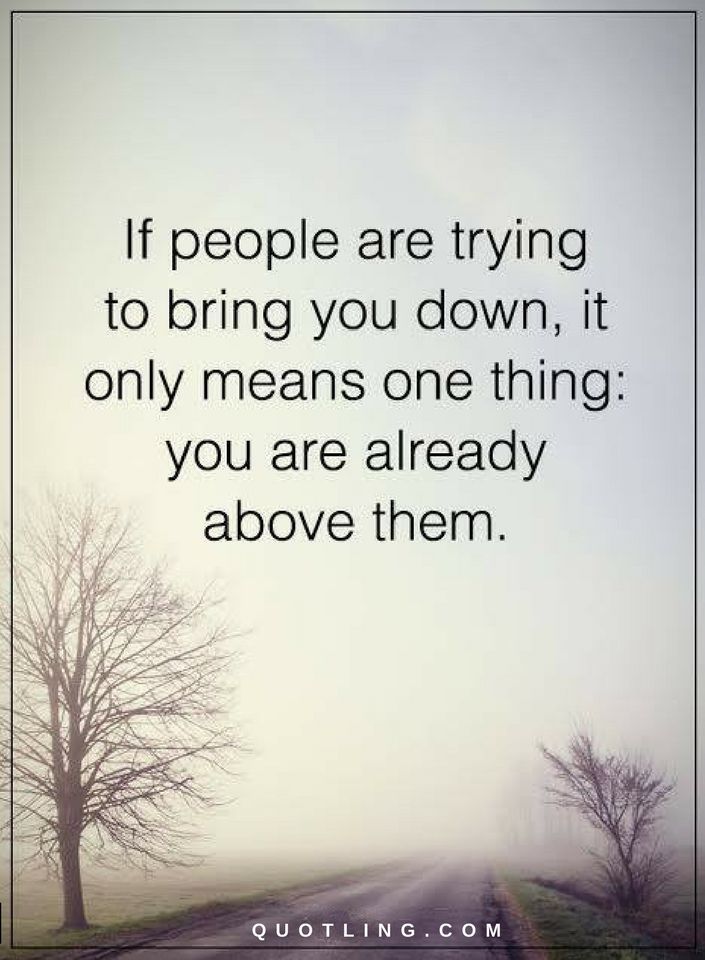 Perhaps now he himself will feel ashamed.
Perhaps now he himself will feel ashamed.
If they try to humiliate you in front of other people (your family, friends or colleagues), the best way out of the situation is to ask directly. You can ask your abuser, “Can you give me 5 minutes alone?” Then, having met with him without prying eyes, you can clarify the situation and hear criticism addressed to you. Without the pressure of other people, it will be easier for you to navigate your further actions.
And here's what you need to remember: when someone tries to make you feel humiliated, it's more likely that person has a problem, not you. It just becomes much easier for him when he is engaged in the humiliation of others.
8 ways to get through difficult times
3. Try to understand the person's motives
Once you end (or break off) a conversation that may end unpleasantly for you, you will have a great opportunity to think about what is happening. This does not mean that you should forgive the offender or be nice to the one who humiliated you. This is an ordinary tool so that you can understand the hidden motives of a person’s behavior and realize that it’s not about you at all, but about him.
This is an ordinary tool so that you can understand the hidden motives of a person’s behavior and realize that it’s not about you at all, but about him.
He may be angry with you because you shamed him in some way or said something hurtful. It may be such a trifle that you can hardly remember, but in the eyes of a person it turns into a serious insult.
Another option: your offender is trying to assert himself at your expense. But you should know that at the moment of humiliation, the aggressor actually experiences a feeling of powerlessness.
4. Try to get out of the situation
Psychologists say that you have about 20 minutes to change the direction of the dialogue when it starts to get negative emotional intensity. As soon as this time is over, both you and your interlocutor will be able to switch to something else only by ending the conversation. So do not dwell on the negative, but try to distance yourself. You can say, "I'm not ready to discuss this right now" or "I'm sorry you get this reaction.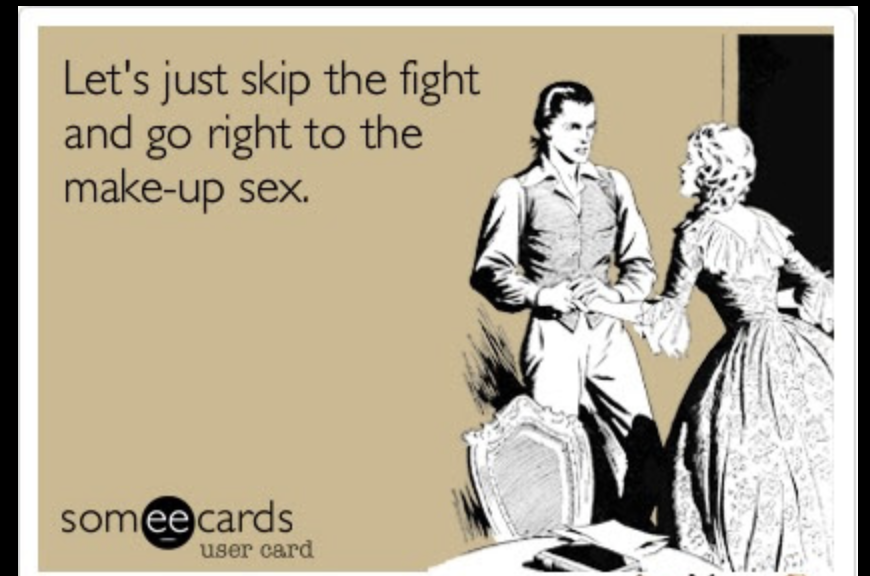 We'll discuss later."
We'll discuss later."
5. Be careful about retaliation
Retribution may seem like a great way to restore your honor, but it really isn't. Someone who is inclined to humiliate others in order to feel their greatness and power is likely to respond to you even more cruelly. Remember that not responding immediately does not show you are weak. Strength may lie in the desire to fight and stand up for another person in a similar situation.
So do not criticize yourself if you feel that you are not ready to openly confront the offender. It is better to take a timeout in order to think over your move and not make mistakes.
9 ways to respond to negativity in your direction
6. Do not let humiliation affect your life
It is in your power not to let the offender negatively affect your future life. By the way, this is a great way of revenge - to show that you are free from those statements that should have hurt you to the quick. Live a full life and try not to avoid the person who has become your abuser. There is a high probability that soon he himself will try to avoid you, feeling awkward.
There is a high probability that soon he himself will try to avoid you, feeling awkward.
7. Don't be ashamed
Everyone experiences humiliation sooner or later. And by the way, if a person humiliated you, then most likely he has already done this with others. As soon as someone says that a person hurt him, there are other people who are faced with the same problem. So you should not be ashamed of humiliation - your calm reaction, on the contrary, will prove that you are a strong person.
How to competently respond to insults in order to stop the conflict in the bud?
Content of article
In everyday life, we often come across negative statements addressed to us. Most people are confused by insults, they do not know how to properly respond to unpleasant words and at the same time save their face. Let's look at effective strategies to help fight back an abuser.
1. To insult in return
The first reaction to unpleasant words is to insult in return.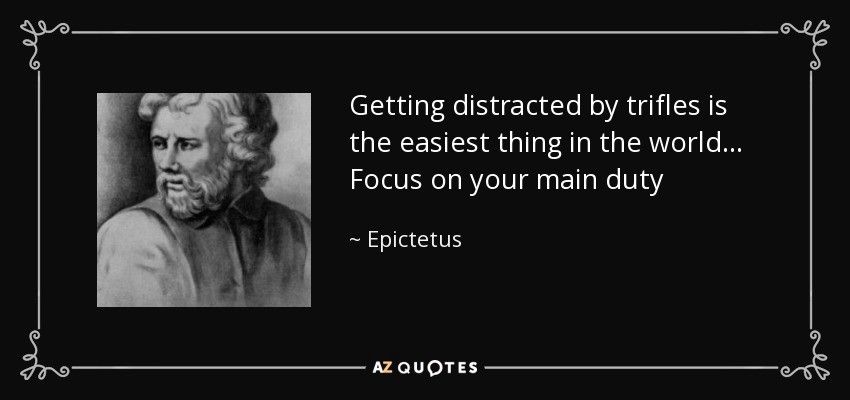 This option is possible, but if the answer is appropriate, that is, it will be witty and defuse the whole situation. If you don’t know how to choose the right words right away, and it occurs to you to insult your interlocutor in response, then this is not the best way out. So you will only show that the words really hurt you, and the quarrel will not stop.
This option is possible, but if the answer is appropriate, that is, it will be witty and defuse the whole situation. If you don’t know how to choose the right words right away, and it occurs to you to insult your interlocutor in response, then this is not the best way out. So you will only show that the words really hurt you, and the quarrel will not stop.
2. Make a joke about the situation
A witty answer in the first option will unsettle the person. A joking answer, sarcasm will help defuse the situation, make fun of the opponent and turn the audience over to your side. Ridiculously answering, you seem to take the position of the weak. In this way, you will mislead the interlocutor. For example, if a colleague says that you gave a terrible presentation. Then thank him in return and say that you will definitely think about it tomorrow.
3. Accept criticism
Sometimes people close to you or your boss criticize you for your work and don't even think of insulting you. Such words are worth accepting and thinking about what you did wrong. Accepting criticism only makes us better and stronger. If the words were too offensive, think about what caused such a reaction in a person. Perhaps you provoked it with your actions.
Such words are worth accepting and thinking about what you did wrong. Accepting criticism only makes us better and stronger. If the words were too offensive, think about what caused such a reaction in a person. Perhaps you provoked it with your actions.
4. Reveal the hidden goal and answer it
Any person, insulting another, pursues a certain intention. Reveal the person's intention in your answer. For example, to rude words or a mate, answer “Apparently, I annoyed you with something, since you treat me like that.” With the help of a polite response, you can find out the real reason for the negative behavior of the opponent.
5. Keep calm
If a stranger, a colleague insults you for no reason, then most likely they are trying to hide their insecurity, boring and monotonous life with a negative reaction. In such a situation, you should not take words personally, but it is better to remain calm. Continue to apply the past strategy by asking the person the real reason for the behavior.


